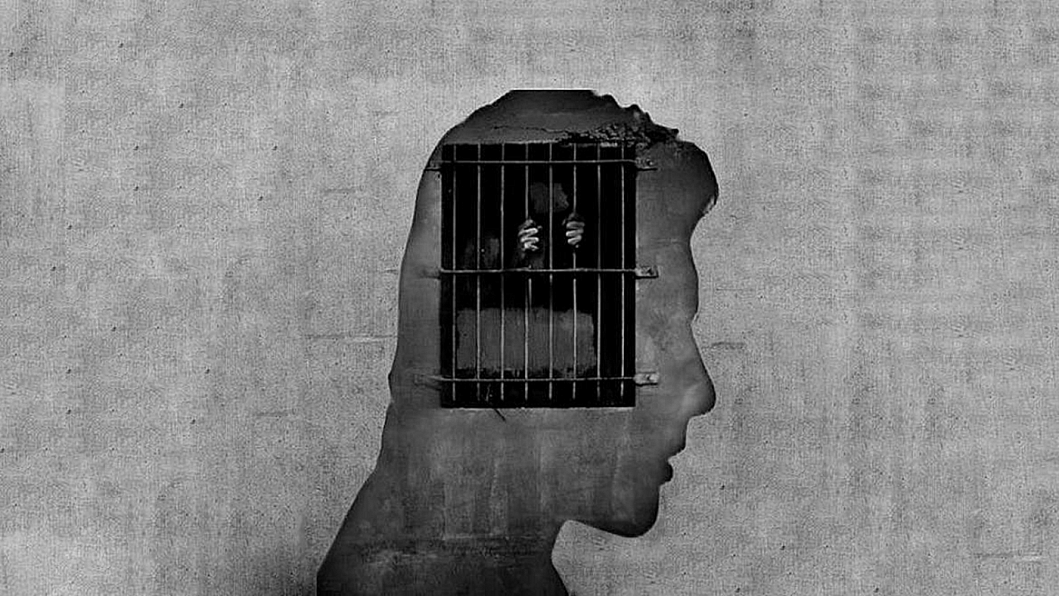The colonial hangover in academia

"We must at present do our best to form a class who may be interpreters between us and the millions whom we govern—a class of persons Indian in blood and colour, but English in tastes, in opinions, in morals and in intellect. To that class we may leave it to refine the vernacular dialects of the country, to enrich those dialects with terms of science borrowed from the Western nomenclature, and to render them by degrees fit vehicles for conveying knowledge to the great mass of the population."
— Thomas Babington Macaulay, Minutes on Indian Education, 1835.
How would this class of Macaulay's vision be formed? Where would they learn the terms borrowed from Western nomenclature? Where would their "Indian/Bengali" body acquire the English tongue? The British colonisers needed institutions that would establish their dominion in the episteme. And the colleges and universities established during the colonial period have, hitherto, contained, concealed and, in many cases, carried out this colonial purpose in the subcontinent. The British left the subcontinent in 1947 granting "independence" to two nations or, as Gayatri C Spivak would call it, through a "negotiated settlement". But colonisation persisted in academia, in universities that multiplied not only in number, but also in its colonial matrix. And thanks to Radcliffe's cartographic "mischief", we are constantly haunted by the spectre of colonisation from Kashmir to Rakhine, a cartography that was once ours before our identities were bordered with shadow lines of ethnicity, religion, gender and nation. But this cartographic exposition of the haunting colonial power is rather concealed in academia and its apparent educative benevolence. However, the colonial legacy of the universities remains exposed yet unnoticed, unseen, unknown, and more importantly, unquestioned, as it cannot be identified always in its immediacy.
Then how do we identify the colonial legacy in the university and question it? Rabindranath Tagore points out the modern and colonial university's Western-centrism: "The university would always remain as an imported plant in a tub; the tub might be valuable or adorned but the roots of the tree would remain separated from the land of the Indian subcontinent. The university would be a fancy object detached from life." Although his observation does not entail any subversion of coloniality, Tagore does question the very idea of a colonial university, creating a space of doubt in which more questions can arise and eventually help us identify and locate the coloniality of the university's teaching or our learning.
Apart from the only medium of teaching in higher studies being English (credit goes to Macaulay), the curriculum of different disciplines remain white-washed. With the advent of postcolonial studies, the call for the abolishment of the English department has become an academic cliché. But how far has that conversation progressed in the universities in Bangladesh?
We still look for the Shakespearean archetype in the Bengali or Chakma villages not innocently to render a reading but to prove Shakespeare's universality and consequently the universality of Western discourse. We are made to swallow books (and for the lazy and last benchers, notes and sheets) and discourses produced by the white men in Europe, without any effort to ascertain any relation or relevance to our cultural and existential conditions. We learn that the greatest human achievements came into being in Rome and Greece whether in mathematics, philosophy, literature or science in general. We are taught that Aristotle, Plato and Euclid fathered disciplines foreclosing any other possibility. We learn that the works of the great white men are universal—it is the history of knowledge of all humankind, without being taught to doubt its pretentious universality. Pages after pages are discussed only by the merit of the writings being produced in Europe while the vernacular texts that are more relevant to our cultural context remain outside the university's academic scrutiny. We worship Pythagoras in the textbooks but forget Panini; Leibniz and Lacan are designated more space in the courses than Lalon. Paradise Lost appears to be more appealing to our aesthetic senses, while Padmapurana decays into "puran"—old and forgotten. We learn these marginalised discourses are not "worth" studying.
So, to restore the marginalised, the distorted and destroyed discourses, do we abandon the European discourses for good? Of course not. Abandoning what has been already established institutionally in its entirety would create another sort of academic despotism. And to confront this problem, we need "epistemic disobedience", the subversion of the Eurocentrism that assumes Europe as the centre of epistemology. This will require and consequently result in the contextualised study of the European discourses and the determination of the discourses would be regulated in terms of their relevance to our existential reality, as Ngũgĩ wa Thiong'o puts it. But where is our quest for this relevance? On the 47th year of our independence and after 200 years of British colonisation and 24 years of Pakistani colonisation, is it not time yet to wash the "whiteness" out of our syllabus for good?
How do we even approach this question when British colonisation has been obscured in history during the Pakistan period? And how do we come to terms with Pakistani colonisation (as a lot of the wealth of Bengal ultimately ended up in Karachi), when academia went through institutional Islamisation? Decolonisation or, even the very attempt it, can help us approach these questions. Frantz Fanon reminds us in this respect: "Perhaps we haven't sufficiently demonstrated that colonialism is not satisfied merely with holding a people in its grip and emptying the native's brain of all form and content. By a kind of perverted logic, it turns to the past of the oppressed people, and distorts, disfigures, and destroys it." After all, is it not a result of the distortion and destruction of the precolonial past that even though we had ancient universities like Nalanda in this subcontinent, to express the excellence of a university we obliviously resort to comparing it to Oxford as the ideal?
Hence, academic decolonisation can be attempted by not dwelling on the dichotomy of rejection and acceptance of the coloniality of epistemology, but by creating a third category, an alternate space away from the overpowering centre by thinking from the margins. By restoring the marginalised past, which is the inauguration of the past in the present, Argentine semiotician Walter D Mingolo propounds an alternate space through the idea of decoloniality that holds in account European modernity for the darkness it creates and inflicts upon non-European people. The recent call for the restoration of the Sompura University not just as infrastructure, but rather in its detachment from the Eurocentric colonial idea of the university, is a part of this attempt recreating the past lost or distorted in the process of colonisation—as Syed Nizar proposes in his idea of the decolonised university in Bangladesh.
Even this very attempt to think about decolonisation essentially means to question what colonisation wants us to learn. Learning which seems to be enlightening but causes blindness, the blindness that we can not even realise as we are captured by the illuminating hallucination of the colonial education. It is an enlightenment that blinds not the eye but the cognition by restricting our thinking. It is an enlightenment that conceals its blindness—the colonial hegemony operating in the production, preservation and circulation of knowledge in the universities. And decolonisation means to be aware of the blindness of the enlightenment of colonial learning—of coloniality itself.
Oliur Sun is a non-philosopher currently studying Literatures and Cultural Studies at Jahangirnagar University.

 For all latest news, follow The Daily Star's Google News channel.
For all latest news, follow The Daily Star's Google News channel. 



Comments